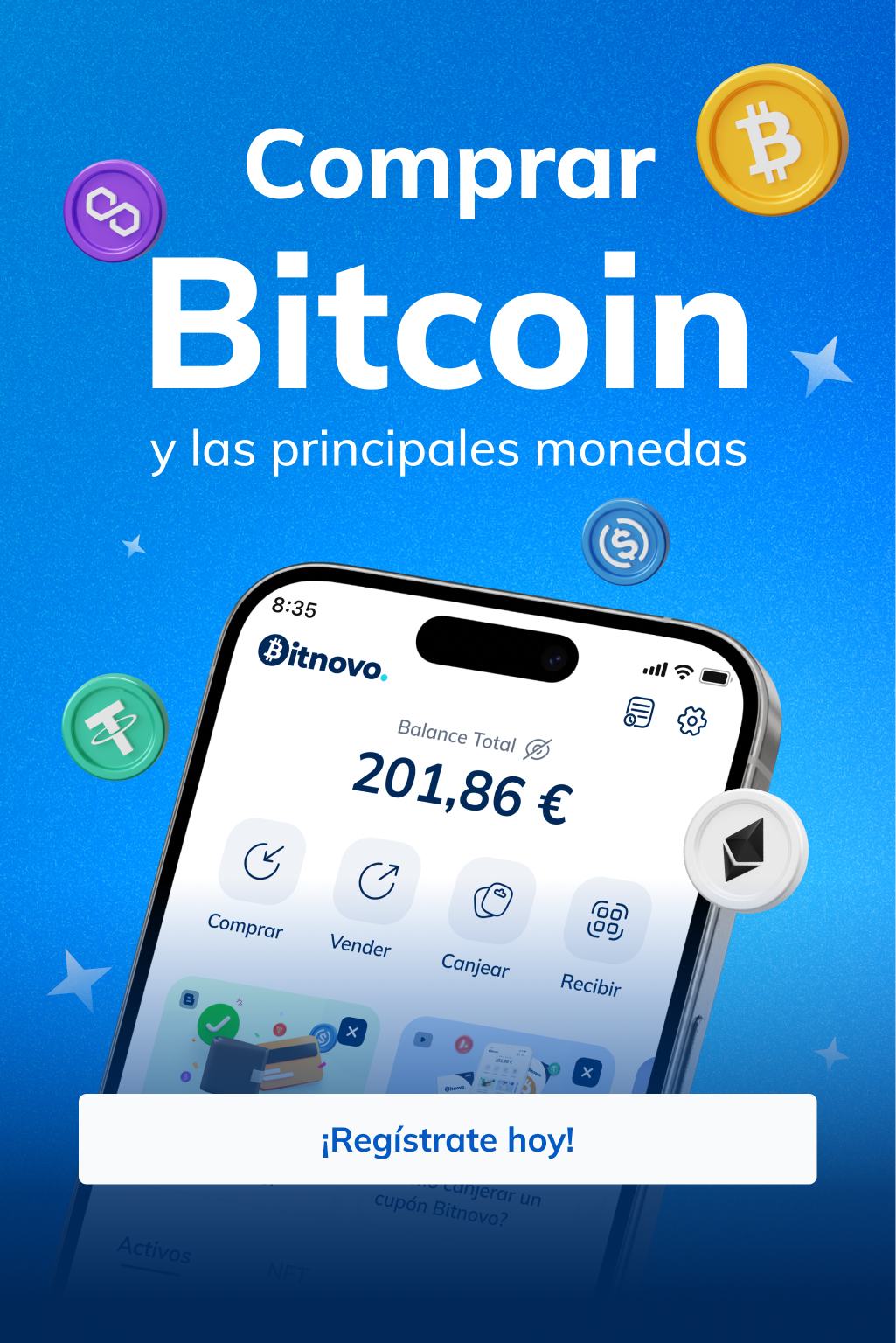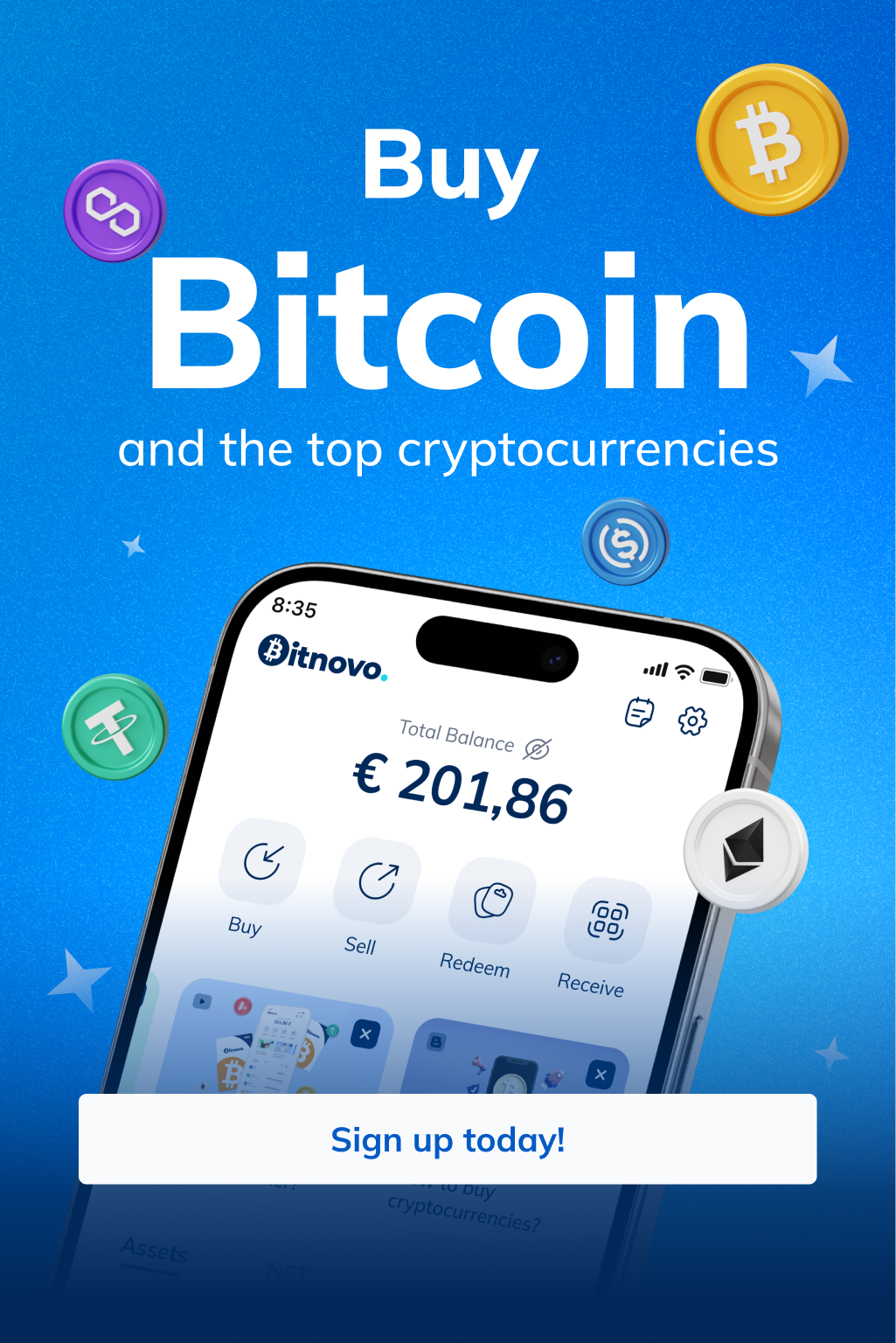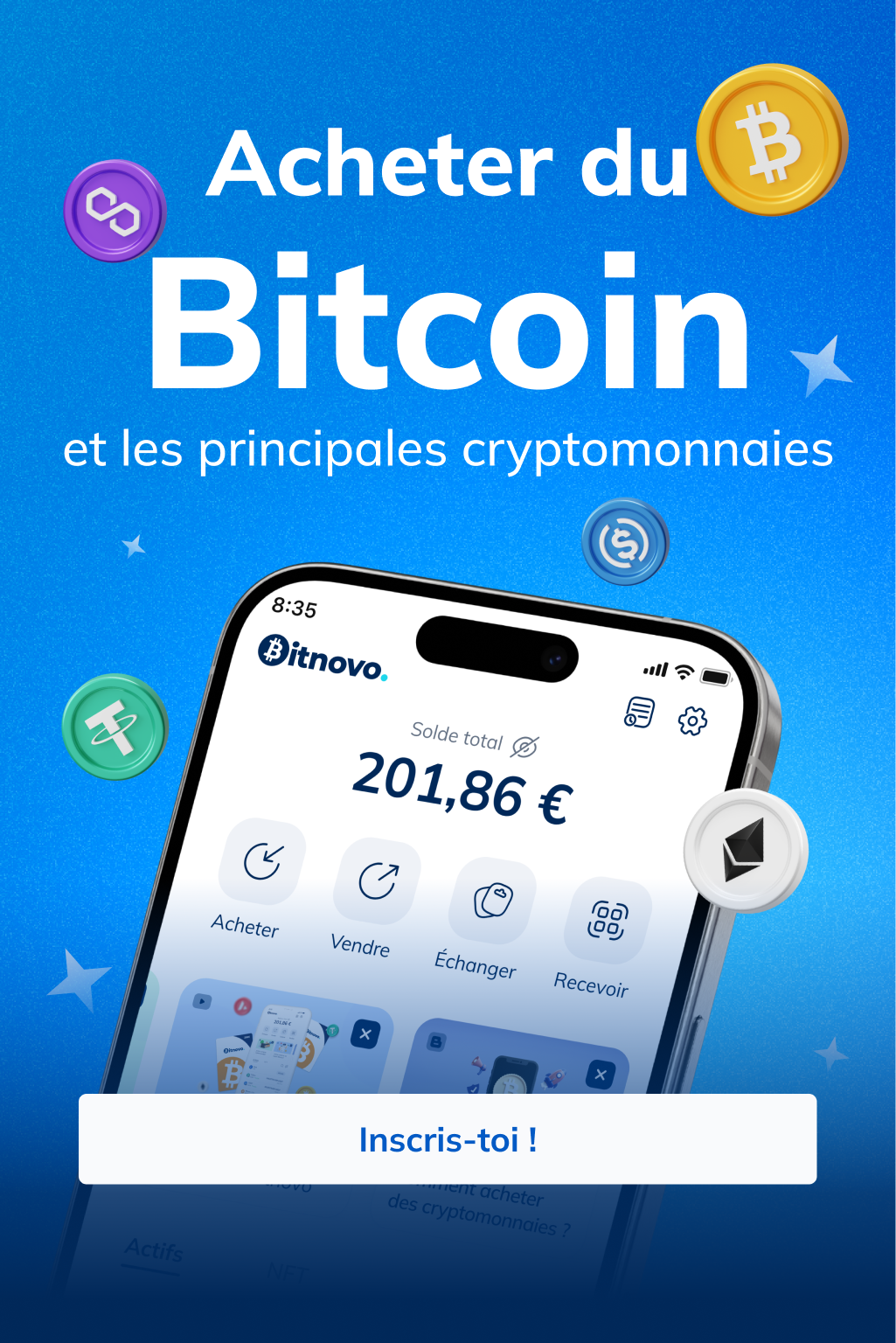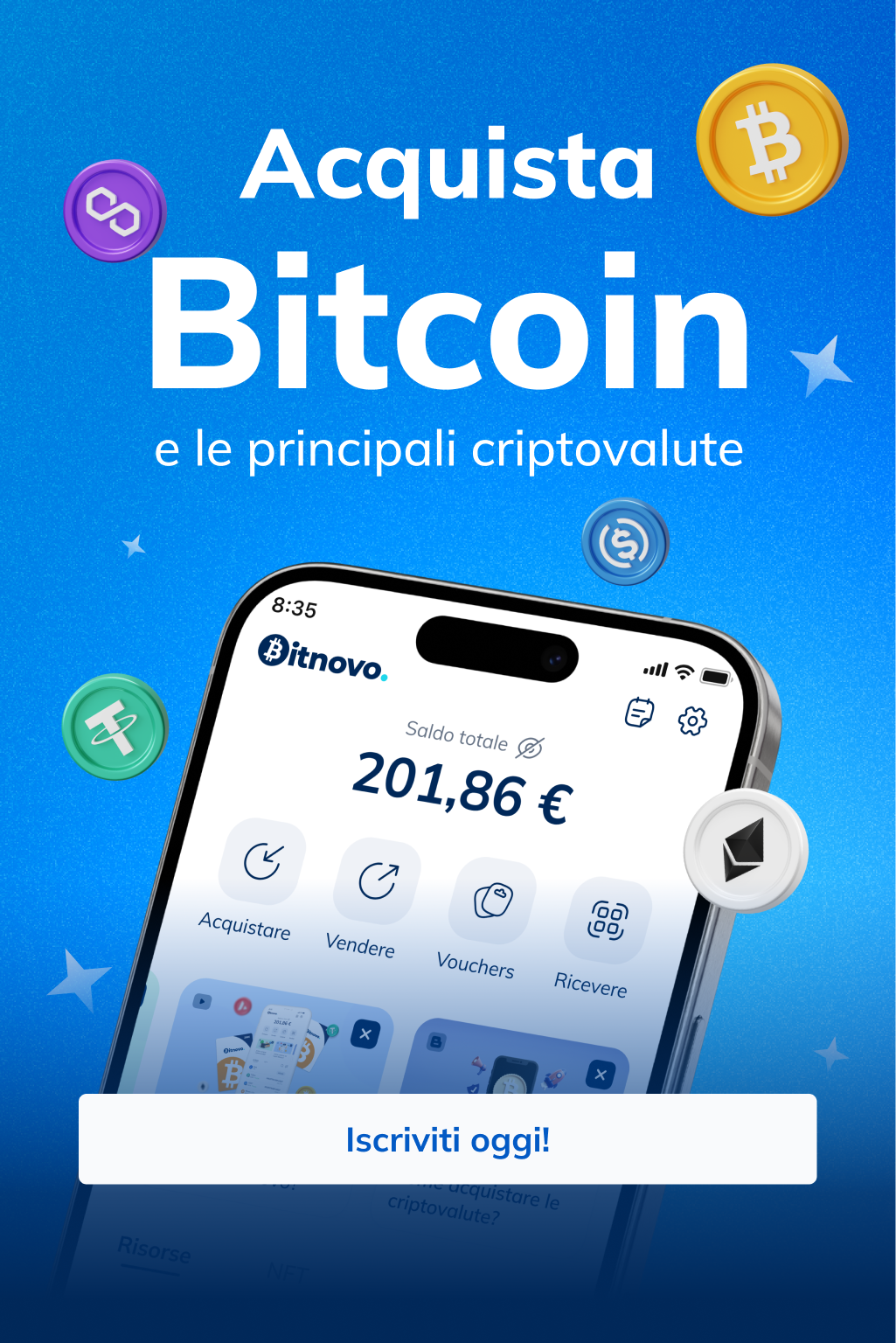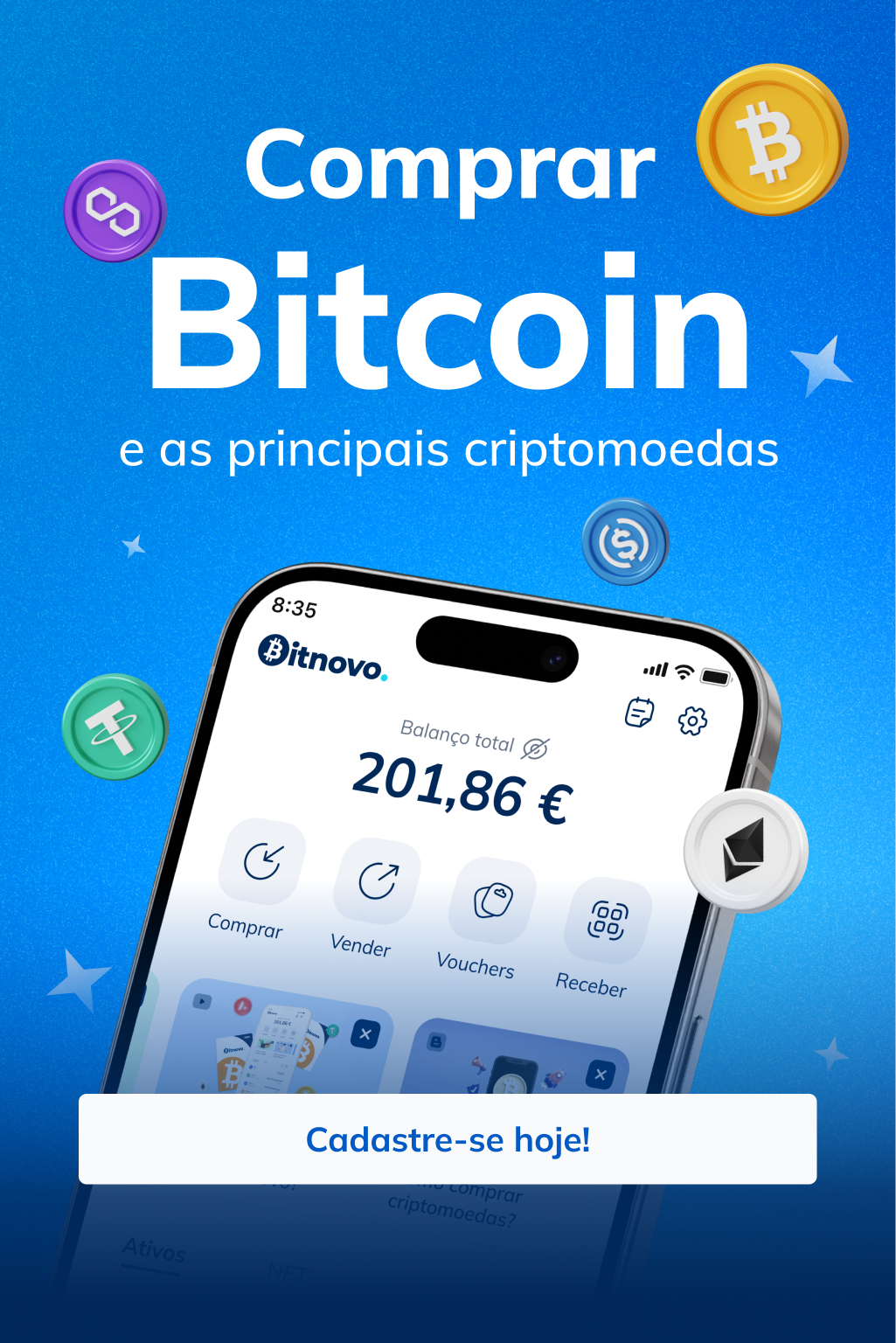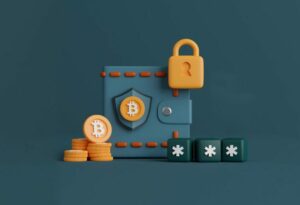
Table of Contents
ToggleDon’t have any knowledge of gardening? Don’t worry, the phrase seed has no relation to that.
After that bad introductory joke, let’s move on to what’s really important: What is the seed phrase (also known as the recovery phrase, backup words or safety seed)?
The seed phrase is a set of 12 or 24 words that you receive once you create a new wallet and once you have them in your possession they make you the absolute owner of the funds in that wallet.
It is called “seed” precisely because it is the germ by which all addresses and their corresponding private keys can be deterministically derived for all existing blockchains.
If you lose the seed phrase, you unfortunately lose access to your funds. This has already happened to many users and it is estimated that there are around $150 billion in Bitcoins lost due to mishandling or miskeeping of these words.
How does the seed phrase work?
As explained above, once you create a new wallet, it will give you 12 or 24 words for you to write down. For example:
Let’s say you just bought Ethereum with a credit card and you download the Bitnovo Crypto Wallet app to send those funds there and have full control of your Ether. Once you are inside the app, you will create a new wallet and the app will ask you to securely write down 12 words in a certain order.
These words are considered the seed phrase and you should take care of them as if they were your life, because if you lose them you will not be able to access your funds again.
Then, once you have those words down on paper, you will proceed to send your Ether to that wallet you have created.
Why does the phrase seed exist?
Bitcoin and other cryptocurrencies use a concept called “public key cryptography”. Public key cryptography – as used in Bitcoin – instead of using only one secret key, gives users two keys: a private key and a public key.
The public key (which is always generated from your private key) is used to ensure that you are the owner of an address that can receive funds. It is public in the sense that nothing happens if you distribute it freely, no one will be able to access your funds. From this public key, your wallet address (the address you share to receive funds) is calculated.
The private key is the one that gives you ownership of the funds at a certain address. In other words, it is the real “key” that opens the safe and, whoever has it, will also have control over the money.
Private keys are composed of a 256-bit sequence of letters and numbers, which makes them impossible for a human being to remember (unless you are a super human like Vitalik Buterin)
For your better understanding, this is an example of a private key:
663FX930BD39832300FK6173D3C332623A79C6DM73F67F55C86E9873D7973A07
This is where seed phrases come into play and thanks to them the user gets a simple and friendly way to interact with their private keys.
The process transforms these alphanumeric characters into a combination of common, memorable words in a specific, unique order. For example:
home ironing board trolley knee fever championship fever blanket hat elephant llama library robot
The sum of these words in the correct order equals your private key and with it you can access your funds whenever and wherever you want, even if you have lost your phone or the cold wallet where you keep your cryptos.
So if, as in the example above, you are going to buy Ethereum with a credit card or you are going to buy any other cryptocurrency with another means of payment you should always write down and keep your security seed under safekeeping. That, and nothing more than that, will make you the absolute owner of your funds.
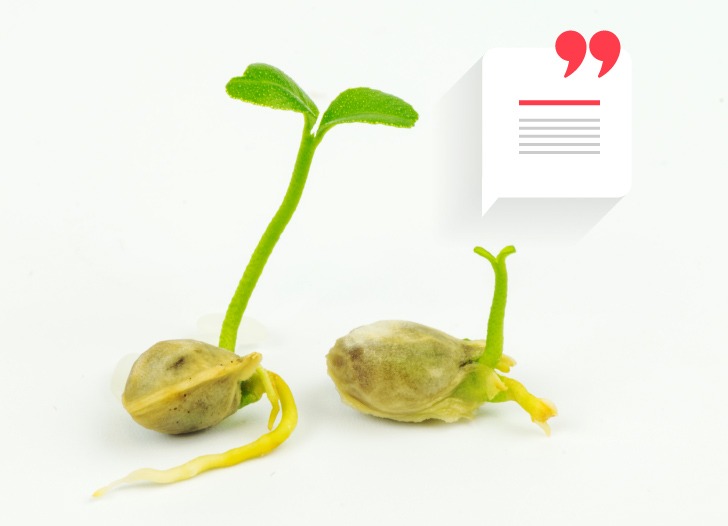
Where do these words come from?
The words that make up the seed phrase are chosen from a list of 2,048 words (available in several languages). These lists are an industry standard and were created through BIP-39 (Bitcoin Improvement Proposal) in 2013 by the Satoshi Labs team.
The developer of a wallet makes use of the seed phrase functionality under the BIP-39 standard that chooses the words from the list randomly and creates with them the string of words called “seed phrase”.
The greater the number of words used, the greater the entropy and security of the generated sentence.
Can two people have the same private keywords?
As we said before, the seed phrase is a way to represent in a simple way through 12 or 24 words, a random number from which the private keys of your wallet are created.
What many people are wondering is what are the odds of that random number being the same as another wallet that has been generated previously or is generated later.
If your seed phrase is 24 words, the number of possible random numbers is 2 to the 256th which is equal to 10 to the 168th (a 1 with 168 zeros to the right).
In order for you to understand it in a simpler way, we will make a comparison:
As we have said, the number of possible random numbers is 10 to the 168th and the number of atoms found in the observable universe is “only” 10 to the 85th.
Pretty hard to do, isn’t it?
Can I use my seed phrase in another wallet?
Now I want to answer another question that many people send to my e-mail address esmentiraquemeenvianpreguntas@bitnovo.com.
Let’s say you have created a new wallet in Coinomi, you have written down your keywords but you don’t like the interface it offers to view and manage your funds. Then you want to stop using the Coinomi app and start managing your funds with the Bitnovo Crypto Wallet.
Is it possible to make such a wallet change? Yes, of course it is possible and it is called seed phrase restoration or wallet restoration. But before doing it you have to make sure that you have the seed phrase in your possession.
Now, simply go to the wallet section in Bitnovo Crypto Wallet and click on the “Restore from seed” button.
Once inside you will have to write all the words of your seed key in the correct order and that’s it!
Although the process is simple, there are a few things to consider:
- You must make sure that the two wallets are compatible with each other and that they use the same generation scheme (mainly in the number of words).
- You should also ensure compatibility between the currencies supported by each wallet, as for example, you might have problems between a wallet that supports many currencies and one that only supports Bitcoin.
Have you bought cryptocurrencies but have not received your seed phrase?
The first thing I will tell you is that in this case what you call “your” funds are not really your funds. The owner of the funds is always the one who has control of the private keys.
Many exchanges (crypto trading sites) act as custodians of your funds.
The custody of cryptoassets, as the word says, consists of ceding the custody of your cryptocurrencies to a third party, in whom you place your trust. In other words, you give your private keys to another person/entity to control them.
This other entity will probably make use of your funds, just as traditional banks do, and will make a profit with the liquidity provided by the users who give up custody.
While many people choose this practice for convenience and because they do not want to be burdened with the responsibility for the security of their funds, it is clear that the results can be very counterproductive.
We have already seen it on thousands of occasions, even in Spain: exchanges closed from one day to the next or hacked with the consequent loss of their users’ funds.
We must not forget that an exchange is not a bank, but a bureau de change. So even though they want to convince you about the virtues of their security, you will be entrusting your funds to a highly vulnerable site.
From Bitnovo we are very clear on this point as we have commented in the article “Why we choose not to be cryptocurrency custodians“. We are not and do not want to be cryptocurrency custodians. We advocate the idea of you being your own bank and the owner of your private keys. Or as they say in the bitcoiner environment “Not your keys, not your Bitcoins“.
So if you have acquired your first cryptocurrencies on an exchange, we recommend you not to leave them stored there. Simply create your own wallet (it can be the Bitnovo Crypto Wallet or any other you find on the market), receive your seed phrase and choose to be the owner of your funds!
